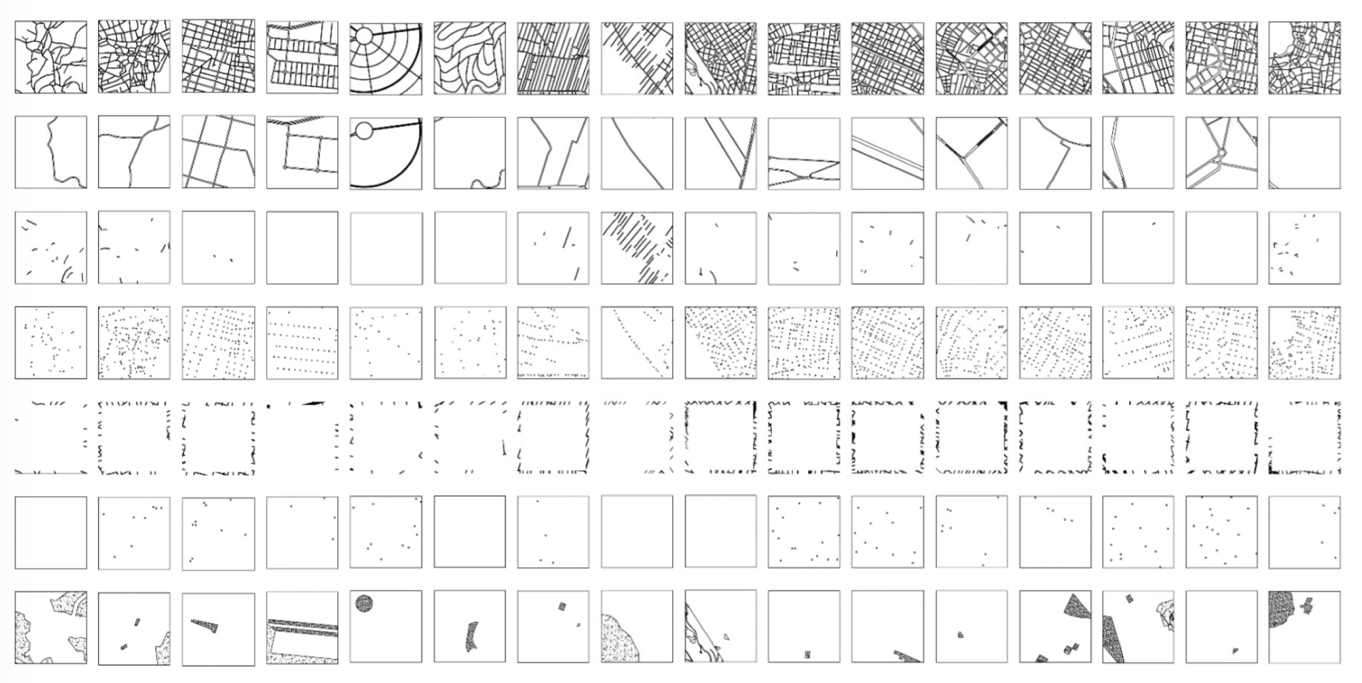(De)Signs for Dignity: Towards an Enabling Environment in Athens
Alcestis Rodi

Abstract
In spite of regulations aimed at ensuring that all people can enter and move through spaces, the need to create physical solutions that do not separate or segregate disabled populations has been overlooked. Further, the response of architects and designers is often to meet these regulations without considering the emotional impact of their designs, or the need for all users to be able to retain a sense of dignity as they enter and move through buildings and open spaces.
This gap calls for a (re)generation of the urban form with a totally new agenda. My research argues that designing spaces for disability should focus on designing places for dignity. Aimed at upcycling everyday environments as enabling environments, this research identifies and comparatively analyses typologies of apartment buildings and neighbourhoods in Athens, Greece, where the experience of dignity is ubiquitously threatened due to a planning pathogenesis. Here, typologies are evaluated using dignity-based criteria, and new design guidelines and actions are proposed.
This research and its findings will enrich access-knowledge through their innovative urban design paradigms with the potential to transform spatial environments into dignified spaces for all.
Rodi, A. “(De)Signs for Dignity: Towards an Enabling Environment in Athens.” Transactions of the Association of European Schools of Planning (AESOP), 2020. http://transactions-journal.aesop-planning.eu/volume-4/article-36/



